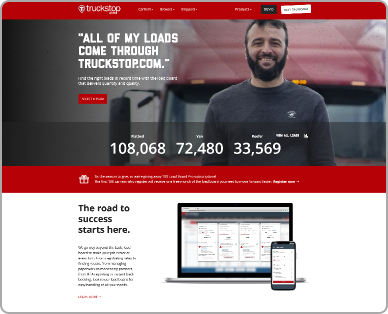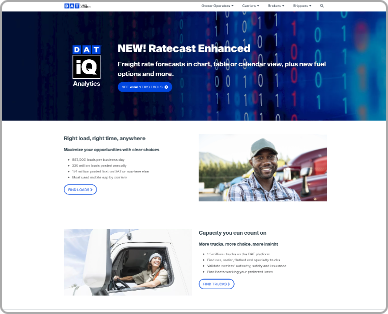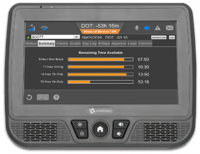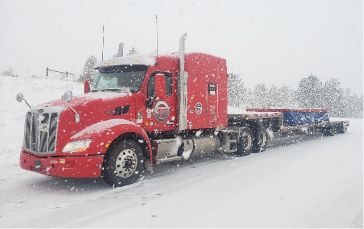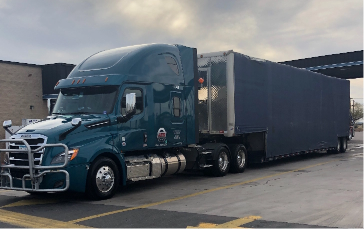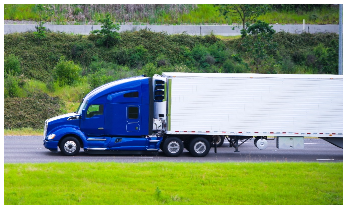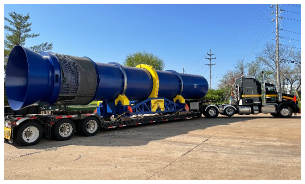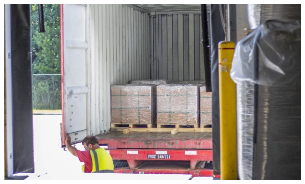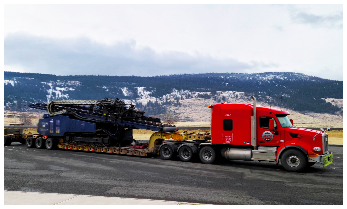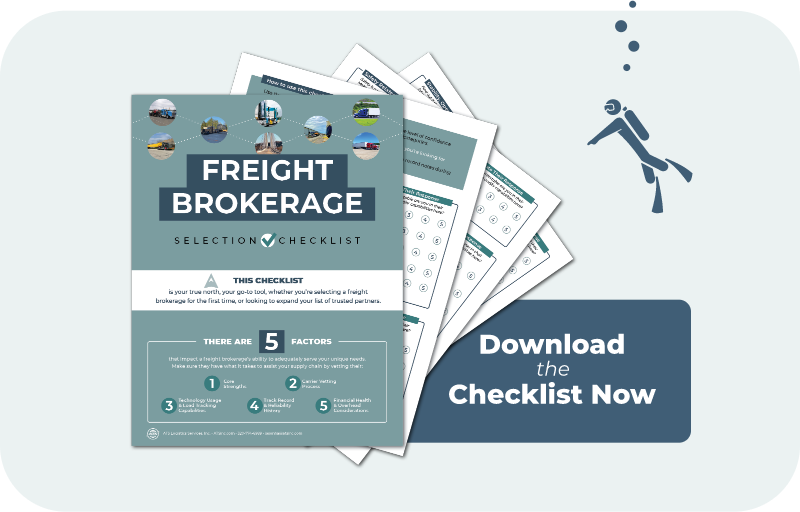"What are you good at?"
Why it's important to ask this:
Some brokers are excellent at moving dry van freight, others have a heavy network of open-deck carriers, while more still are great at servicing longer lengths of haul. Expect your brokerage to respond with a list of their core competencies so that you can decide whether they fit your needs.
What to look for:
If you ship various types of freight and often need different kinds of trucks or trailers, find a brokerage that offers a wide variety of capacity across equipment types. You want a provider who will grow with you, having a breadth of offerings will help them do this. Whether you need multiple trailer types or not, make sure that they’re good at moving your type of freight.
"What type of freight commodities do you move most frequently?"
Why it's important to ask this:
Brokers tend to lean into their strengths and as a result, move the same kind of freight frequently. Asking them about the type of freight they’re moving most often will give you an idea of their comfort level moving your commodity.
What to look for:
Look for a brokerage that is transparent about the type of freight they prefer to transport. Ask how they determine if their carriers’ drivers are trained/prepared at hauling freight like yours. This will help you discern how they’ll perform as a potential partner and whether they’ll be capable of transporting your cargo safely and free of damage.

